In a world increasingly defined by the urgent realities of climate change, the concept of climate disclosure emerges as both a responsibility and an opportunity for businesses and individuals alike. As we navigate this challenging landscape, the call for transparency regarding emissions has never been louder. Environmentally-friendly emission disclosure not only reflects a commitment to sustainability but also fosters trust and accountability within communities.
Every time we flip the switch, drive our cars, or purchase goods, we contribute to a larger narrative—one that directly impacts our environment. For many, the notion of climate disclosure is daunting; however, understanding the depth of its importance is essential. As companies face mounting pressure from stakeholders and consumers to disclose their emissions, the implications extend beyond mere numbers. It signifies a shift in mindset—a transition from profit-centric operations to a more holistic approach that values ecological health.
Climate change is not an abstract topic but a real threat that manifests in extreme weather patterns, rising sea levels, and loss of biodiversity. The impact is felt across the globe, touching the lives of individuals in both developed and developing nations. With every degree of warming, the urgency for action escalates, and so does the necessity for transparent practices in emissions reporting. By embracing climate disclosure, businesses can play a significant role in mitigating these impacts, fostering a culture of sustainability that resonates across industries.
Moreover, transparent emission practices compel businesses to evaluate their operations critically. They are encouraged to invest in cleaner technologies, adopt renewable energy sources, and ultimately reduce their carbon footprint. This level of accountability not only drives operational efficiency but can also lead to innovative solutions that enhance resilience against climate impact. The potential for a more sustainable business model hinges on this transparent approach, bridging the gap between profitability and environmental stewardship.
The integration of climate disclosure into corporate practices can catalyze a wider societal shift. When consumers are informed about the environmental practices of the brands they support, they are empowered to make conscious choices. As awareness grows, so does the collective consumer demand for greener products and services, pushing businesses to align their practices with sustainability goals. In this way, environmental transparency becomes a powerful tool for change, igniting passion among consumers and compelling businesses to prioritize the planet.
Furthermore, governments and regulatory bodies are increasingly making strides toward mandatory emissions disclosures. This shift underscores the recognition that climate change transcends individual businesses—it is a collective challenge that necessitates concerted efforts on all fronts. Through rigorous emission reporting, governments can promote accountability and drive policies that support sustainable development initiatives, ensuring that businesses operate within a framework that prioritizes environmental health.
As individuals, we also play a role in this narrative. By advocating for climate disclosure and supporting businesses that prioritize sustainability, we contribute to a more informed market. Every small effort counts; from supporting local businesses that implement eco-friendly practices to reducing our own carbon footprints. Understanding the significance of emissions transparency can inspire us to demand more from those in power and hold them accountable for their impact on our planet.
In essence, the journey towards environmentally-friendly emission disclosure is intricate yet vital in the fight against climate change. By embracing transparency, businesses not only safeguard the planet for future generations but also pave the way for innovation, trust, and collaboration. The climate crisis requires an urgent re-evaluation of how we operate, and through meaningful climate disclosure, we can begin to unveil the truth about our emissions and, ultimately, our shared responsibility for the environment.



